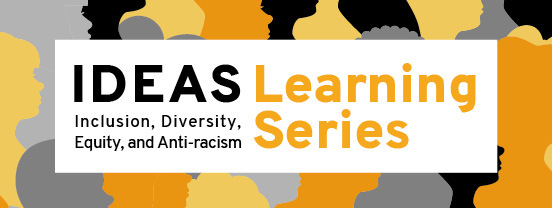
Catalog Advanced Search
-
Contains 2 Component(s) Includes a Live Web Event on 01/22/2025 at 2:00 PM (EST)
Join the Holistic Student Support working group for an insightful hour-long webinar where we dive into the critical juncture of Transition to Residency.
Join the Holistic Student Support working group for an insightful hour-long webinar where we dive into the critical juncture of Transition to Residency, which we define as students matching to a program and begin their transition to residency. During this webinar, we will explore challenges and innovations associated with the following areas:
- Residency Program Overview
- Financial Preparation for Residency
- Wellness and Emotional Support
- Building Systems, Processes and Skills to Support Residency Application and Interview Preparation
This interactive session aims to foster collaboration between student affairs and educational affairs, inspire innovation, and strengthen the support systems for our incoming medical students. This webinar is a part of a year-long series on Holistic Student Support. To see our introductory webinar, follow this link.
-
Register
- User - Free!
- More Information
-
Contains 2 Component(s) Includes a Live Web Event on 01/13/2025 at 3:00 PM (EST)
In this session, the skills of scholarly writing will be explored through the lens of analyzing a manuscript that was accepted for publication. The participants will examine review criteria that are used by healthcare education journals and apply them to a sample manuscript. In discussing scholarly writing the participants will make a decision about the type of feedback they would give to the authors of the sample paper.
In this session, the skills of scholarly writing will be explored through the lens of analyzing a manuscript that was accepted for publication. The participants will examine review criteria that are used by healthcare education journals and apply them to a sample manuscript. In discussing scholarly writing the participants will make a decision about the type of feedback they would give to the authors of the sample paper.
At the end of this session, participants will be able to:
- Identify the components of a scholarly publication;
- Discuss how to frame a problem statement;
- Identify an effective Research Question;
- Discuss whether the Design/method is appropriate to the question;
- Discuss whether the authors have applied the best data collection methods to the appropriate sample;
- Understand the Results section and how to present results in a clear manner.
Recordings will be made available for viewing following the completion of each workshop. Viewing of recordings may not be substituted for participation in live workshops.
This workshop is a part of the MERC Virtual Workshop 2024 - Series 4.
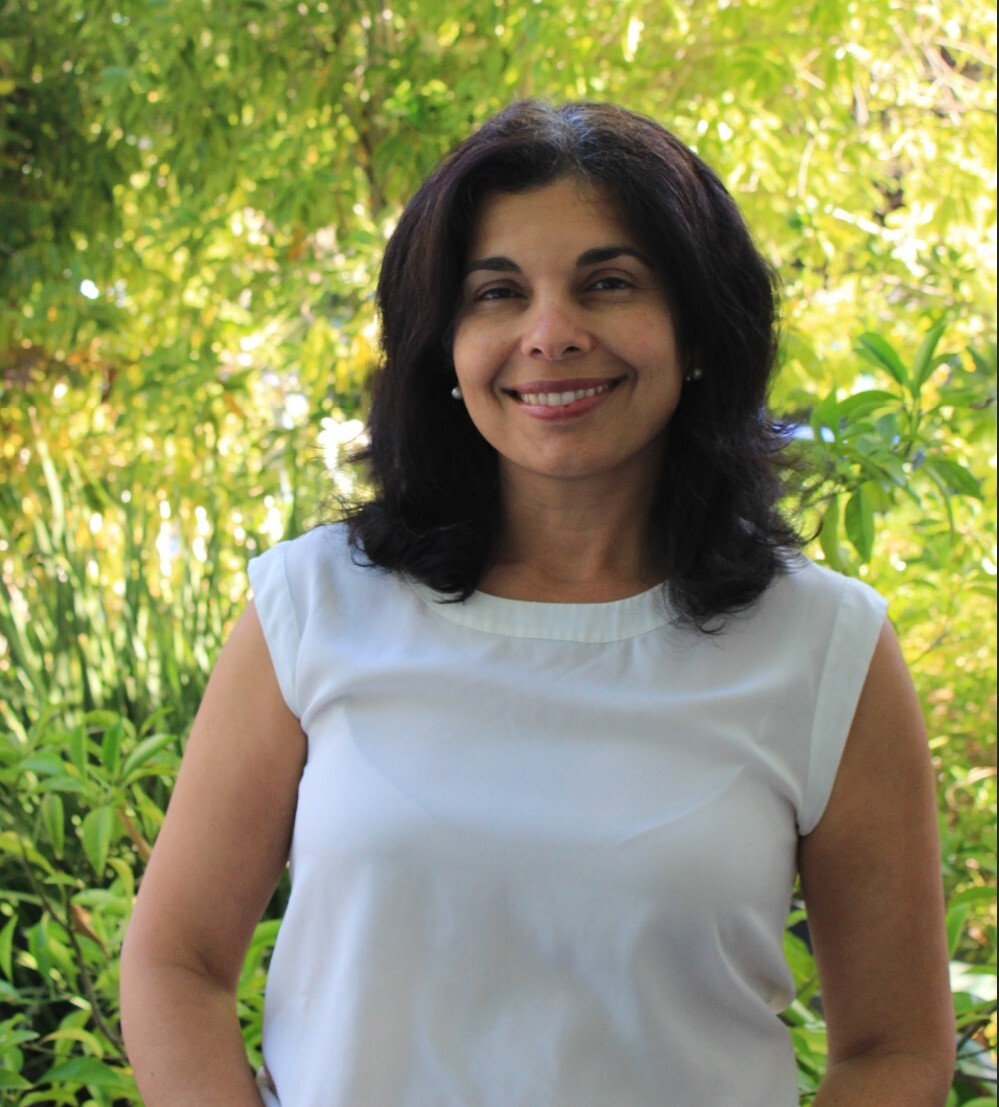
Arianne Tehrani
Arianne Teherani, PhD is Professor of Medicine, Director of Program Evaluation and Education Continuous Quality Improvement for UCSF School of Medicine, and Founding Co-Director University of California, Center for Climate Health and Equity. Arianne’s research has informed global conversations, research, and policies on equity and social justice in education and education for climate change and health. Arianne’s research into how educational disparities are perpetuated by learning environment practices has shifted how medical schools thinks about and act on inequities. Her research identifies and addresses the role of accepted assessment and learning environment practices in perpetuating disparities. She has led studies on interventions aimed at creating equity and she has led the development of novel evidence-based model for equitable assessment in the clinical setting. Additionally, Arianne’s research has positioned education as a core solution to the climate change and health crisis and has established globally utilized competencies, knowledge, and practice. She has examined the outcomes of successful endeavors to train practicing clinicians to educate their students and patients about climate-health impacts and climate justice. Arianne has published over 130 peer-reviewed papers and book chapters and work has been featured in venues such as National Public Radio, KTVU, Market Watch, and the Huffington Post. She was the recipient of the UCSF Faculty Sustainability Award and the UC Sustainability Champion Award. Arianne was named the Faculty Climate Action Champion - an award given to one faculty member at each University of California campus in recognition of their contribution to the mission of sustainability.
-
Register
- User - $125
- More Information
-
Contains 2 Component(s) Includes a Live Web Event on 01/06/2025 at 3:00 PM (EST)
This workshop helps participants prepare their data for analysis and be able to answer questions about their data that a statistician will likely ask when providing consultation.
This workshop helps participants prepare their data for analysis and be able to answer questions about their data that a statistician will likely ask when providing consultation.
At the end of the workshop the participants will be able to:
- Collect data;
- Set up data files;
- Enter data into data files;
- Check and clean data prior to analysis;
- Compare my sample to my population;
- Address statistical issues discussed during consultation with a statistician (e.g., Type I & II errors, power, effect sizes).
Recordings will be made available for viewing following the completion of each workshop. Viewing of recordings may not be substituted for participation in live workshops.
This workshop is a part of the MERC Virtual Workshop 2024 - Series 4.
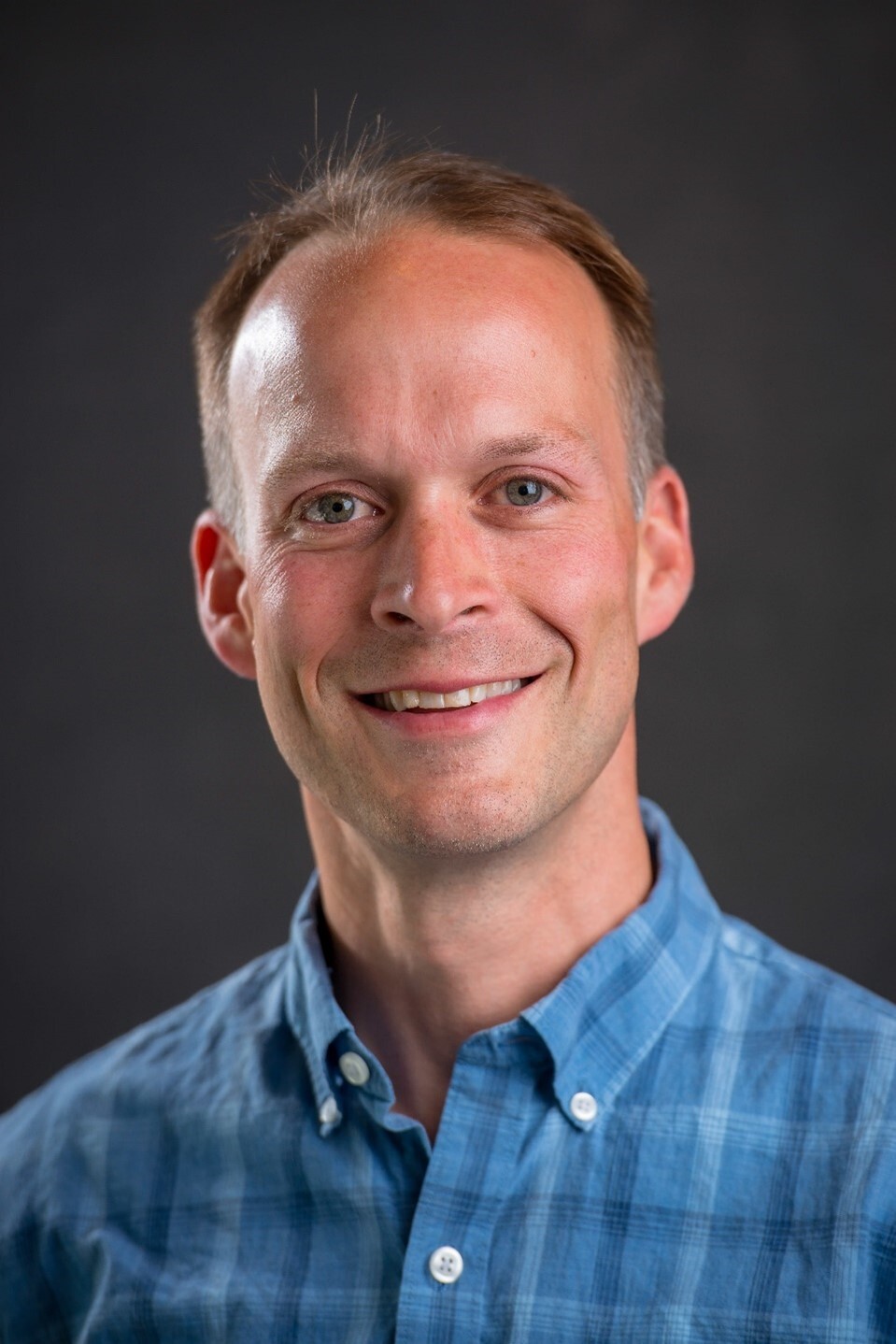
Chris Mooney
Christopher J. Mooney, PhD, MPH, MA is Assistant Professor in the Division Of General Medicine and holds joint appointments in the Departments of Health Humanities and Bioethics and Public Health Sciences at the University of Rochester. He is Director of Assessment and Director of the Medical Education Pathway in the School of Medicine and Dentistry, and Director of Education Research and Scholarship in the Department of Medicine. Dr. Mooney is chair of the NEGEA Medical Education Scholarship Research and Evaluation (MESRE) Section and Chair of the AAMC’s Medical Education Research Certificate (MERC) program. In these roles, Dr. Mooney collaborates with teams of educators, learners, scientists, and clinicians to study education and health outcomes.
-
Register
- User - $125
- More Information
-
Contains 2 Component(s) Includes a Live Web Event on 12/16/2024 at 3:00 PM (EST)
This workshop is intended for physicians and generalists in medical education, as well as faculty and staff involved in student affairs, who wish to develop perspectives and skills for collecting qualitative data, such as data from focus group discussions, interviews, observation field notes, and responses to open-ended questions—used in admissions processes, program development, curriculum evaluation, needs assessments, performance evaluation, and various scholarship and research applications.
This workshop is intended for physicians and generalists in medical education, as well as faculty and staff involved in student affairs, who wish to develop perspectives and skills for collecting qualitative data, such as data from focus group discussions, interviews, observation field notes, and responses to open-ended questions—used in admissions processes, program development, curriculum evaluation, needs assessments, performance evaluation, and various scholarship and research applications.
After participating in this workshop, learners will be able to:
- Demonstrate applied knowledge of the appropriate selection, use, and standards for rigor of some common methods for collection of qualitative data;
- Generate research questions appropriate for qualitative studies and choose appropriate data collection methods;
- Demonstrate applied knowledge of approaches to achieve rigor in the design of qualitative studies and collection of qualitative data;
- Demonstrate essential skills required for conducting focus groups
Recordings will be made available for viewing following the completion of each workshop. Viewing of recordings may not be substituted for participation in live workshops.
This workshop is a part of the MERC Virtual Workshop 2024 - Series 4.

Katie Huggett
Dr. Katie Huggett is the Robert Larner Professor in Medical Education, Director of the Teaching Academy, and Assistant Dean at the University of Vermont Larner College of Medicine. As Director of the Teaching Academy, Dr. Huggett leads and develops faculty development programs to support inclusive teaching, assessment, curricular design, mentoring, and educational leadership. She leads medical education research activities and works with faculty to foster educational scholarship. Her research and publications address academic program quality, curricular innovation, interprofessional education, and mentoring. She is co-editor of the book, An Introduction to Medical Teaching: The Foundations of Curriculum Design, Delivery, and Assessment, now in its third edition.
-
Register
- User - $125
- More Information
-
Contains 2 Component(s) Includes a Live Web Event on 12/09/2024 at 3:00 PM (EST)
This workshop introduces participants to fundamental principles of educational program evaluation, and provides participants with a strategy for developing an evaluation plan.
This workshop introduces participants to fundamental principles of educational program evaluation, and provides participants with a strategy for developing an evaluation plan.
After participating in this workshop, learners will be able to:
- Describe program evaluation and its purposes;
- Identify barriers to program evaluation;
- Identify models used in evaluation;
- Describe the steps of an evaluation;
- Develop an evaluation plan.
Recordings will be made available for viewing following the completion of each workshop. Viewing of recordings may not be substituted for participation in live workshops.
This workshop is a part of the MERC Virtual Workshop Series 2024 - Series 4.
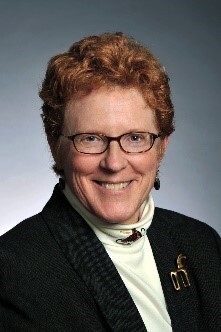
Carol Hodgson
Carol Hodgson, MS, Ph.D. is an Associate Professor with tenure in Pediatrics, the former J. Alan Gilbert Chair in Medical Education Research, Director of the IDEAS Office, and directs the Teaching Scholars Program at the University of Alberta, Faculty of Medicine and Dentistry and the Teaching Scholars Program in the Alberta Institute with Wenzhou Medical University. She received a Master of Science degree in biochemistry from the University of California, Riverside and a doctorate in Education at UCLA. Before entering the field of medical education in 1992, she was a researcher in preventive medicine at the University of Southern California. She has been an Assessor for the World Federation for Medical Education since 2013. Dr. Hodgson actively mentors numerous faculty members and residents. She is an expert in curriculum design, program evaluation, assessment, health professions educational research, faculty development, and medical school accreditation. Dr. Hodgson’s research focuses in the areas of professionalism, program evaluation, cancer education, and training for better care of people with disabilities.
-
Register
- User - $125
- More Information
-
Contains 2 Component(s) Includes a Live Web Event on 12/02/2024 at 3:00 PM (EST)
This workshop introduces participants to the principles of score reliability and validity, using a combination of didactics and review of medical education research projects. The workshop is divided into two parts with group exercises designed to reinforce understanding of the main principles.
This workshop introduces participants to the principles of score reliability and validity, using a combination of didactics and review of medical education research projects. The workshop is divided into two parts with group exercises designed to reinforce understanding of the main principles.
After participating in this workshop, learners will be able to:
- Identify three types of reliability (inter-rater, test-retest, and internal consistency);
- Match types of reliability with appropriate statistical measures;
- Describe the relationship between reliability and validity;
- Describe multiple forms of evidence for validity;
- Select an approach to reliability and validity assessment for a particular study.
Recordings will be made available for viewing following the completion of each workshop. Viewing of recordings may not be substituted for participation in live workshops.
This workshop is a part of the MERC Virtual Workshop 2024 - Series 4.
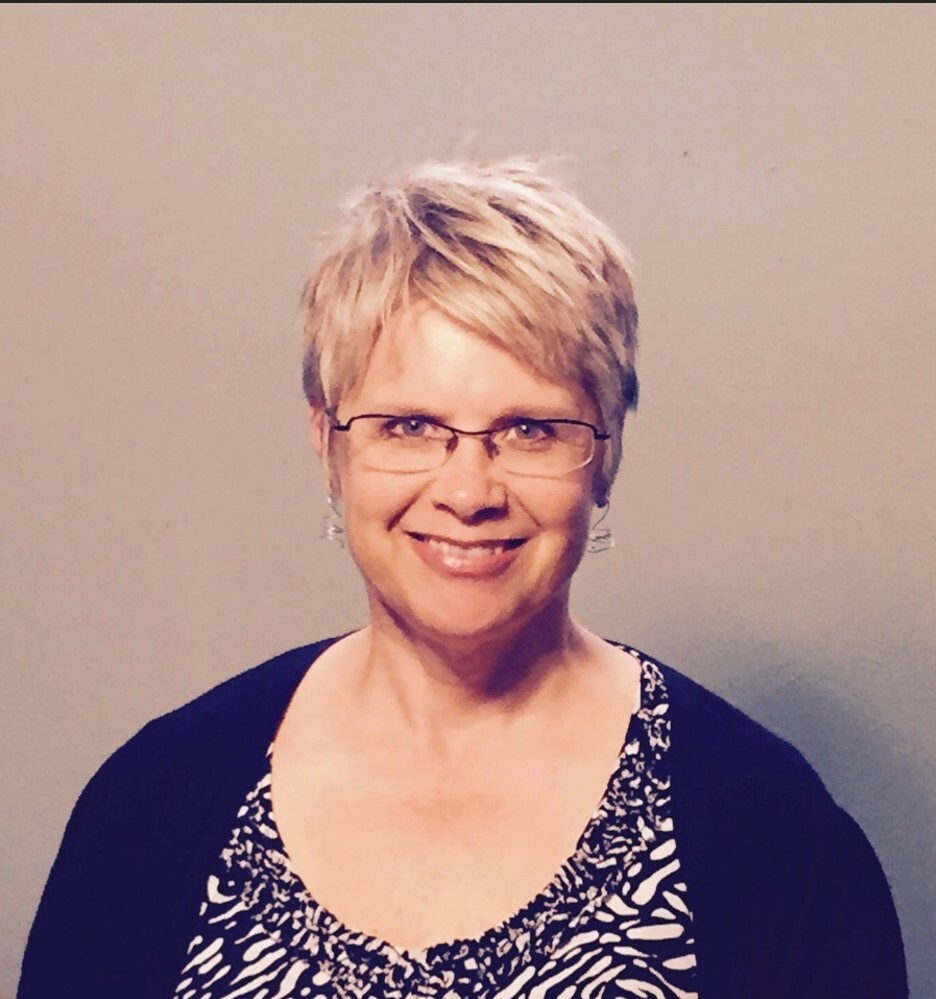
Cayla Teal
Dr. Cayla R. Teal is the Associate Dean for Assessment and Evaluation and an Education Associate Professor in the Department of Population Health at the University of Kansas School of Medicine (KUSOM). Dr. Teal received her B.A. degree in Chemistry from William Jewell College and her M.A. and Ph.D. in Community/Clinical Psychology from Wichita State University, with emphases in applied research methods and psychometrics. She completed a post-doctoral fellowship in Health Services Research at the Center of Innovation in Quality, Effectiveness and Safety at the Michael E. DeBakey Houston VA Medical Center. She served as the Director of Educational Evaluation and Research at Baylor College of Medicine and an Assistant Dean for Academic Affairs and Associate Dean for Evaluation and Assessment at Texas A&M College of Medicine prior to coming to KUSOM. Dr. Teal is responsible for the assessment of student performance in and program evaluation of the KUSOM’s curriculum and a member of its continuous quality improvement team. She is a mixed-methods medical education researcher, an Associate Editor for Medical Education Online, a Deputy Editor for Teaching and Learning in Medicine, teaching faculty for AAMC Medical Education Research Certificate (MERC) program, and a 2022 AMA Scholar in Health Systems Science. Dr. Teal recently completed her two-year term as the national chair for the Medical Education Scholarship, Research and Evaluation (MESRE) section at the AAMC’s Group on Educational Affairs (GEA) and serves as the Treasurer for the Society of Directors of Research in Medical Education (SDRME).
-
Register
- User - $125
- More Information
-
Contains 2 Component(s) Includes a Live Web Event on 11/25/2024 at 3:00 PM (EST)
This workshop will provide some basic principles in questionnaire/survey design and give workshop participants an opportunity for hands-on experience designing a questionnaire.
This workshop will provide some basic principles in questionnaire/survey design and give workshop participants an opportunity for hands-on experience designing a questionnaire.
Following participating in this workshop, learners will be able to:
- Design a blueprint for a survey/questionnaire appropriate to their own application;
- Construct and edit questions to avoid common problems in wording and framing;
- Select an appropriate response format from a menu of alternatives;
- Design the overall format of the survey/questionnaire to facilitate data management and analysis.
Recordings will be made available for viewing following the completion of each workshop. Viewing of recordings may not be substituted for participation in live workshops.
This workshop is a part of the MERC Virtual Workshop 2024 - Series 4.

David Cook
David Cook is Professor of Medicine and Medical Education in the Mayo Clinic College of Medicine; Director of Education Science in the Mayo Office of Applied Scholarship and Education Science; Research Chair for the Mayo Multidisciplinary Simulation Center; a practicing physician specializing in the diagnosis and treatment of complex medicine problems; a Deputy Editor for the journal Medical Education; and an Editorial board member for the journal Simulation in Healthcare. He received a B.S. in chemistry from Utah State University and an M.D. from the Johns Hopkins University School of Medicine. He then came to the Mayo Clinic for residency in Internal Medicine and a fellowship in General Internal Medicine, and joined the staff in 2004. He also completed a Master degree in Health Professions Education through the University of Illinois at Chicago - Department of Medical Education.
Dr. Cook's research interests include the theory and design of online learning and other educational technologies, the quality of medical education research methods and reporting, clinical reasoning, and assessment of clinical performance. He has developed and studied multiple online courses for residents and medical students, conducted numerous systematic reviews, and published over 230 journal articles and book chapters on medical education topics. His h-index is 85 (meaning he has published 85 papers that have each been cited 85 times).
Honors include the Mayo Clinic "Distinguished Educator Award" (Mayo's highest award in education; 2021) and the Society of Simulation in Healthcare "Researcher of the Year Award" (2023). He serves as executive secretary to regional leaders of the Church of Jesus Christ of Latter-Day Saints. He and his wife Jennifer are the parents of 5 incredibly wonderful children.
-
Register
- User - $125
- More Information
-
Contains 2 Component(s) Includes a Live Web Event on 11/20/2024 at 2:00 PM (EST)
Join the Holistic Student Support working group for an insightful hour-long webinar where we dive into the critical juncture of Residency Application and Interview Preparation.
Join the Holistic Student Support working group for an insightful hour-long webinar where we dive into the critical juncture of Residency Application and Interview Preparation, which we define as students engaging in activities to distinguish themselves as competitive applicants for residency. During this webinar, we will explore challenges and innovations associated with the following areas:
- Preparation and Support for Away Rotations
- Interview Preparation and GME Collaborations
- Career Planning and MATCH Week Preparation
- Wellness and Emotional Support
- Building Systems, Processes and Skills to Support Residency Application and Interview Preparation
This interactive session aims to foster collaboration between student affairs and educational affairs, inspire innovation, and strengthen the support systems for our incoming medical students. This webinar is a part of a year-long series on Holistic Student Support. To see our introductory webinar, follow this link.
-
Register
- User - Free!
- More Information
-
Contains 2 Component(s) Includes a Live Web Event on 11/18/2024 at 3:00 PM (EST)
This workshop is intended for individuals, medical educators, and clinician educators who want to learn how to effectively search the published medical education literature and to evaluate the value of those searches. After participating in this workshop, learners will be able to:
This workshop is intended for individuals, medical educators, and clinician educators who want to learn how to effectively search the published medical education literature and to evaluate the value of those searches.
After participating in this workshop, learners will be able to:
- Formulate an effective approach to searching the medical education literature;
- Conduct a search using relevant MeSH headings;
- Communicate effectively with a research librarian;
- Evaluate the search results using specific review criteria.
Recordings will be made available for viewing following the completion of each workshop. Viewing of recordings may not be substituted for participation in live workshops.
This workshop is a part of the MERC Virtual Workshop 2024 - Series 4.

David Cook
David Cook is Professor of Medicine and Medical Education in the Mayo Clinic College of Medicine; Director of Education Science in the Mayo Office of Applied Scholarship and Education Science; Research Chair for the Mayo Multidisciplinary Simulation Center; a practicing physician specializing in the diagnosis and treatment of complex medicine problems; a Deputy Editor for the journal Medical Education; and an Editorial board member for the journal Simulation in Healthcare. He received a B.S. in chemistry from Utah State University and an M.D. from the Johns Hopkins University School of Medicine. He then came to the Mayo Clinic for residency in Internal Medicine and a fellowship in General Internal Medicine, and joined the staff in 2004. He also completed a Master degree in Health Professions Education through the University of Illinois at Chicago - Department of Medical Education.
Dr. Cook's research interests include the theory and design of online learning and other educational technologies, the quality of medical education research methods and reporting, clinical reasoning, and assessment of clinical performance. He has developed and studied multiple online courses for residents and medical students, conducted numerous systematic reviews, and published over 230 journal articles and book chapters on medical education topics. His h-index is 85 (meaning he has published 85 papers that have each been cited 85 times).
Honors include the Mayo Clinic "Distinguished Educator Award" (Mayo's highest award in education; 2021) and the Society of Simulation in Healthcare "Researcher of the Year Award" (2023). He serves as executive secretary to regional leaders of the Church of Jesus Christ of Latter-Day Saints. He and his wife Jennifer are the parents of 5 incredibly wonderful children.
-
Register
- User - $125
- More Information
-
Contains 2 Component(s) Includes a Live Web Event on 10/28/2024 at 12:00 PM (EDT)
In this session, the skills of scholarly writing will be explored through the lens of analyzing a manuscript that was accepted for publication. The participants will examine review criteria that are used by healthcare education journals and apply them to a sample manuscript. In discussing scholarly writing the participants will make a decision about the type of feedback they would give to the authors of the sample paper.
In this session, the skills of scholarly writing will be explored through the lens of analyzing a manuscript that was accepted for publication. The participants will examine review criteria that are used by healthcare education journals and apply them to a sample manuscript. In discussing scholarly writing the participants will make a decision about the type of feedback they would give to the authors of the sample paper.
At the end of this session, participants will be able to:
- Identify the components of a scholarly publication;
- Discuss how to frame a problem statement;
- Identify an effective Research Question;
- Discuss whether the Design/method is appropriate to the question;
- Discuss whether the authors have applied the best data collection methods to the appropriate sample;
- Understand the Results section and how to present results in a clear manner.
Recordings will be made available for viewing following the completion of each workshop. Viewing of recordings may not be substituted for participation in live workshops.
This workshop is a part of the MERC Virtual Workshop 2024 - Series 3.
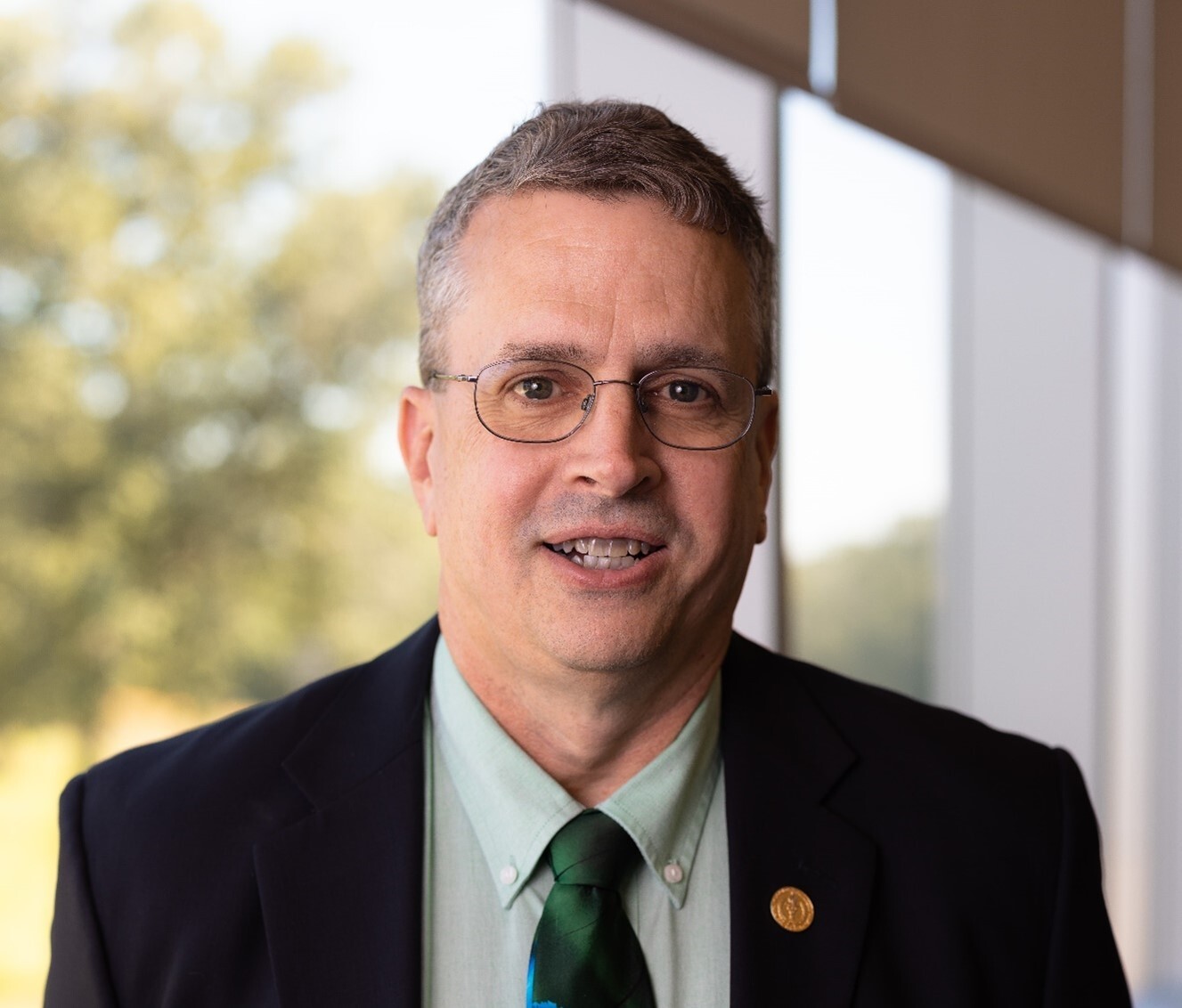
Gary Beck Dallaghan
Gary L. Beck Dallaghan, Ph.D., is the assistant dean for evaluation and assessment and professor of medical education at the University of Texas at Tyler School of Medicine. Dr. Beck Dallaghan collaborates with faculty and staff to develop program evaluations and assessment strategies for the medical students.
Dr. Beck Dallaghan has nearly three decades of experience in medical education. For over 20 years, he was at the University of Nebraska College of Medicine, completing a masters in mathematics and doctorate in educational psychology. He served as their assistant dean for medical education for five years. In 2018, he joined the University of North Carolina School of Medicine as director of educational scholarship. During that time he published nearly 80 peer-review articles with a variety of collaborators.
Nationally, he is actively involved in several medical education organizations, including the Alliance for Clinical Education, Association of American Medical Colleges, and Council on Medical Student Education in Pediatrics.
-
Register
- User - $125
- More Information
